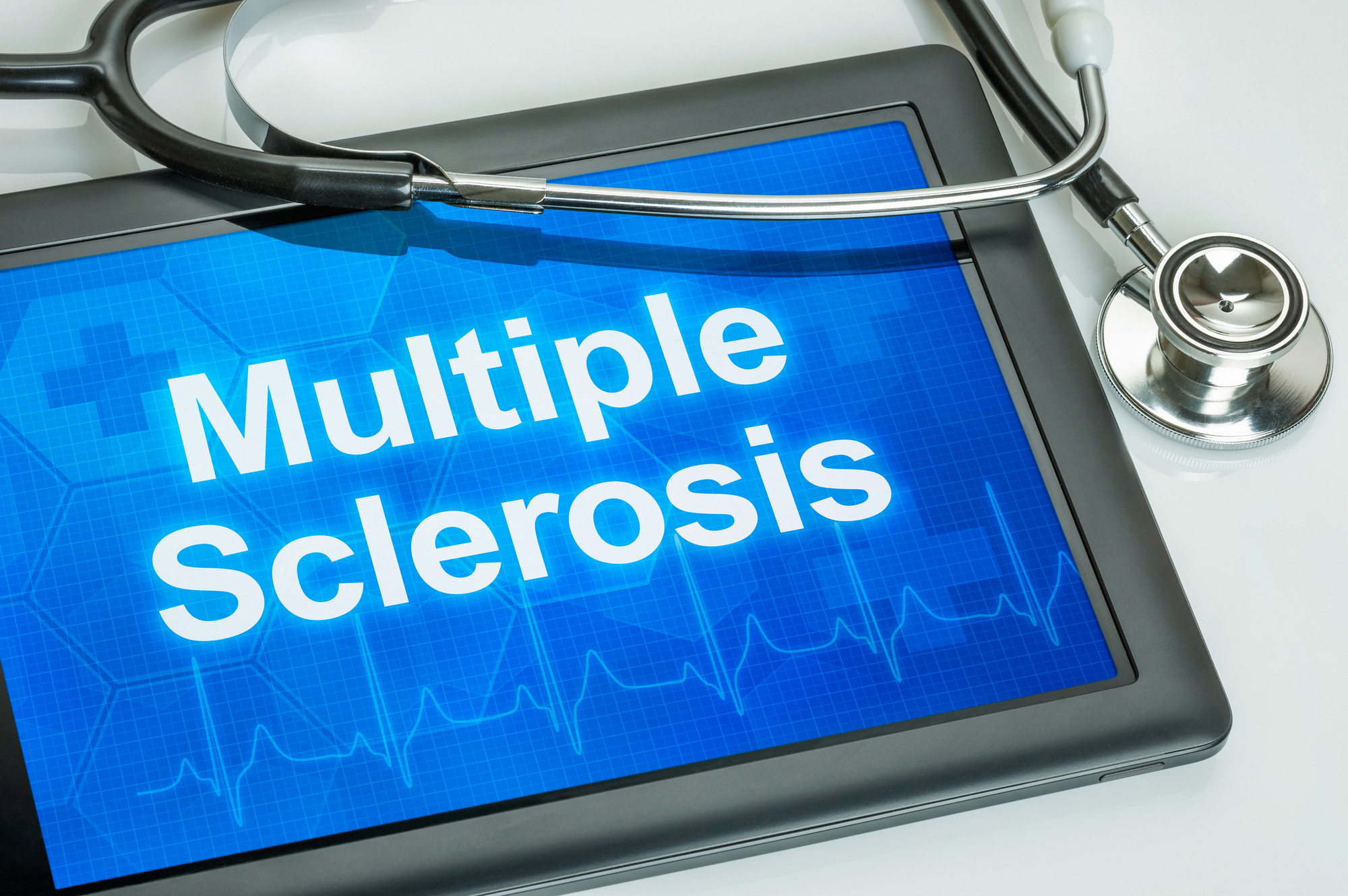Solutions for People with MS
November 9, 2021MS healthcare providers and researchers participated in the 35th Annual Meeting of the Consortium of MS Centers (CMSC) in Orlando, Florida, to share findings and learn the latest about diagnosing and treating MS, and to hear research updates. The meeting also focused on solutions that help people with MS to live their best lives. This was the first in-person meeting for MS research since the pandemic began, but a hybrid format allowed people to experience the meeting virtually as well.
Many studies showed continued benefits of available therapies and longer-term safety information, as well as advances in basic laboratory studies. Below are highlights that focus on presentations related to understanding the effects of MS on individuals and communities and managing symptoms to improve quality of life. Studies presented are considered preliminary until they are published in peer-reviewed journals. Links are provided to the meeting’s scientific summaries (abstracts), where available.
Browse the meeting’s abstracts (also available in pdf form)
Apathy, not depression: Dr. Jeannie Lengenfelder (Kessler Foundation, East Hanover, NJ) examined 41 people with MS and found that 39% showed significant apathy, which describes a lack of interest, enthusiasm, or motivation. Apathy differs from depression, but it deserves attention because like depression, it can affect quality of life and also people’s ability to comply with appointments, take medications, and socialize. Understanding apathy as a possible symptom and finding ways to cope with it are key to eliminating possible effects on managing MS and maintaining relationships. (Abstract NNN03) Read more about apathy on the website of the Parkinson’s Foundation.
More results from diet study: Previously, researchers from the University of Iowa published results from a National MS Society-funded, 36-week controlled clinical trial showing that the Swank (low saturated fat diet) and the Wahls elimination (modified Paleolithic) diets both reduced fatigue, and improved quality of life in 77 people with relapsing MS and fatigue. Now, Dr. Tyler Titcomb presented further results using measures of motor andcognitive fatigue, and of peoples’ perceptions of cognitive problems. Both diets led to significant reductions in fatigue and cognitive dysfunction. (Abstract WHI7210)
Diet guidelines provided: Dr. Rebecca Spain (Oregon Health & Science University) presented the efforts of the National MS Society’s Wellness Research Working Group and its Nutrition Subgroup to compile and analyze the available evidence on diet for people with MS. The team reviewed the medical literature on dietary intervention studies in MS, summarized each trial in practical and easy to understand terms, and created general guidance for how to put the information into daily practice. (Abstract SEC01) This information is now available on the Society’s website.

Do you exercise? Previous study has indicated that just asking about physical activity at doctor visits can result in health benefits for patients. Dr. Gloria Hou (University of Washington) and colleagues took the physical activity “vital sign” of 1,142 people with MS, meaning that they asked about the frequency of moderate/strenuous exercise (involving breathing harder than normal). Thirty percent of people met the US national physical activity guidelines of 150 minutes per week, and 25% exercised 0 minutes per week. (Abstract REH12) Get exercise tips specific to MS
Exercise for fatigue: Dr. Anna Kratz (University of Michigan) reviewed the research on exercise interventions that improve fatigue in people with MS, highlighting a pilot project funded by the Society. Twenty people with MS and fatigue participated in 8 sessions of exercise therapy (a combination of aerobic and resistance training) delivered via telephone or in person. Fatigue reduced significantly in both groups, along with depression and pain, and sleep improved. Read more about this study
Lipoic acid trial update: Dr. Rebecca Spain (Oregon Health &Science University) presented an update on an ongoing clinical trial to determine if the oral supplement, lipoic acid, is an effective treatment for progressive forms of multiple sclerosis. The trial, sponsored by the Veteran’s Administration and the National MS Society, was halted briefly when three people exhibited issues relating to kidney dysfunction. The team has implemented stringent monitoring to identify these issues as early as possible and the trial has resumed. As of the presentation, 109 people had been enrolled, and 44 had completed the study. Dr. Spain cautioned, “Supplements need monitoring like any other drug.” Read more about this presentation
Costs of MS: Bari Talente (National MS Society, USA) presented findings from a National MS Society-supported study focused on estimating the total economic burden of MS in the United States. In 2019, the overall economic burden of MS was $85.4 billion. Of that number, $63.3 was in direct medical cost such as prescription drugs and nearly $22.1 billion in indirect cost, non-medical costs, and healthcare costs for treatments not covered by insurance. The study also showed that employers experience significant productivity loss from those individuals with MS due to missed workdays or reduced productivity. Additional details of the study will be published and will support advocacy efforts to improve the lives of people living with MS. Find information and resources for staying financially secure
Who gets MS? Dr. Mitch Wallin (University of Maryland/VA MS Center of Excellence) presented preliminary findings from the U.S. MS Prevalence Workgroup, supported by the National MS Society, estimating the number, types, and locations of people living with MS. Additional details will become available when the prevalence workgroup’s paper is published:
- Nearly 3 times as many women than men are living with MS.
- The number of people with MS varies depending on where in the U.S. they live.
- The number of Black people in the U.S. who develop MS appears to be rising, especially in younger adults and women.
- The Hispanic/Latinx population is a mixed group with an increasing, but lower, risk of MS than whites or Blacks.
A display poster by the Workgroup also showed that:
- MS prevalence in the U.S. increases with latitude, with more people living with MS in northern states than in southern states, confirming previous findings.
- Since other risk factors such as age, gender, race, and ethnicity were controlled for, this north-south gradient of risk appears to relate to environmental factors.
- True prevalence numbers by state will be available in the final published paper.
Browse the meeting’s abstracts (also available in pdf form)
About Multiple Sclerosis
Multiple sclerosis is an unpredictable, often disabling disease of the central nervous system. Symptoms range from numbness and tingling to blindness and paralysis, and there is currently no cure for MS. The progress, severity and specific symptoms of MS in any one person cannot yet be predicted, but advances in research and treatment are leading to better understanding and moving us closer to a world free of MS. An estimated 1 million people live with MS in the United States. Most people with MS are diagnosed between the ages of 20 and 50, and it affects women three times more than men.

